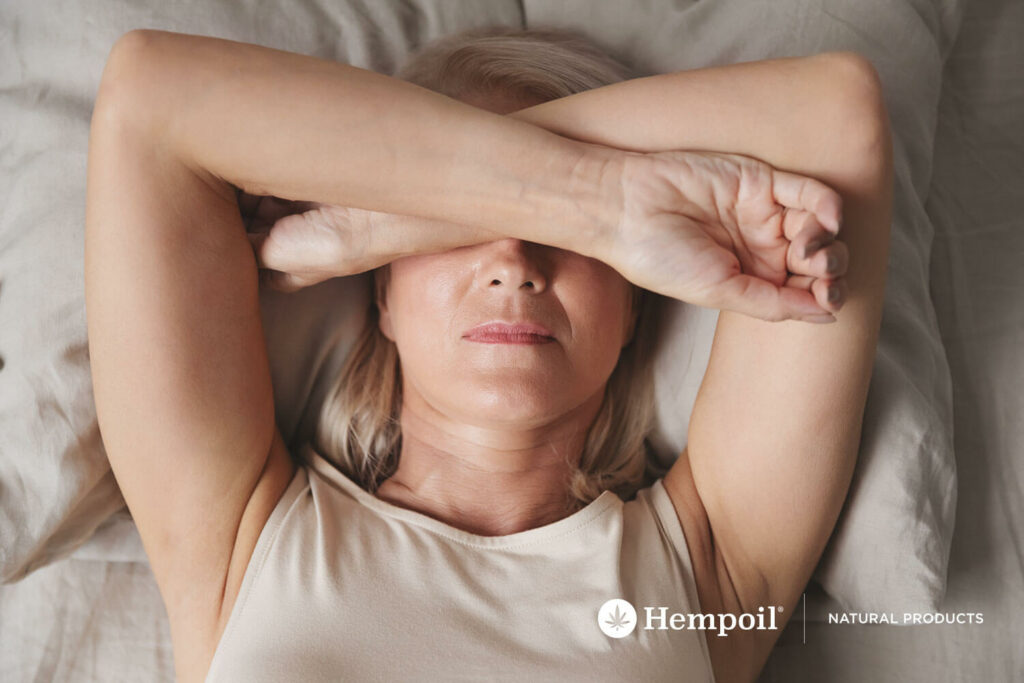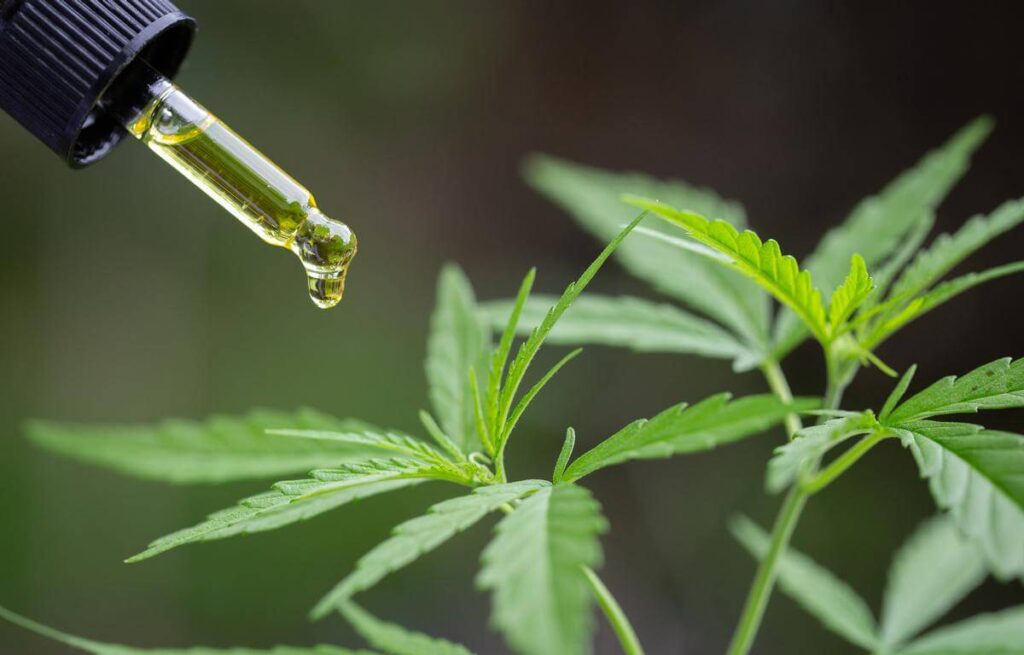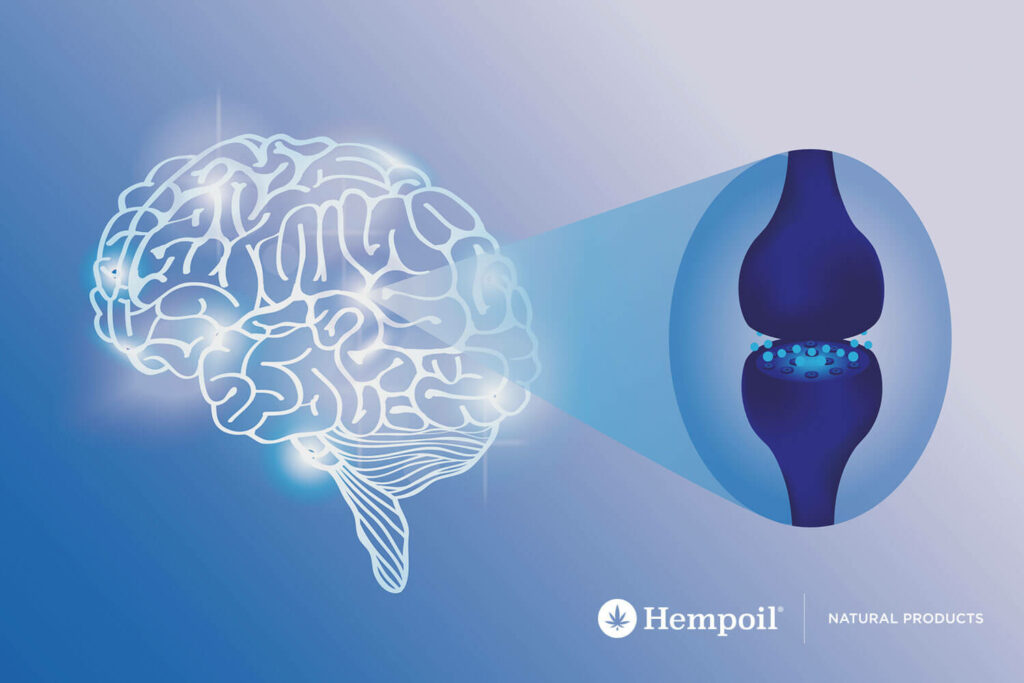CBD y menopausia: prevención natural de los síntomas de un proceso fisiológico
Desde 2009, octubre ha sido designado como el mes mundial de concientización sobre la menopausia por la Organización Mundial de la Salud (OMS) y la Sociedad Internacional de Menopausia (IMS). El 18 de octubre se celebra el Día Mundial de la Menopausia para concienciar sobre la menopausia, su impacto en la vida de las mujeres y las formas de reducir sus síntomas. El cannabis, esta planta tan versátil, no podía faltar en la discusión, ya que tiene propiedades beneficiosas, que serán analizadas más adelante junto con los estudios publicados sobre el CBD.

¿Qué es la menopausia?
La menopausia es un proceso fisiológico en la vida de las mujeres, a menos que ocurra antes debido a insuficiencia ovárica prematura, quimioterapia, histerectomía, trastorno cromosómico o enfermedades autoinmunes. Es un proceso natural que ocurre entre los 45-55 años, mientras que alrededor de 1 de cada 100 mujeres experimenta la menopausia prematura antes de los 40 años. Se diagnostica 12 meses consecutivos después del último periodo menstrual y se confirma con análisis de sangre y hormonas. La menopausia es el momento que marca el final del ciclo menstrual (período), la reducción de la producción de hormonas como el estrógeno y la progesterona, y la mujer no puede quedar embarazada de forma natural.
Antes de la menopausia, existe una fase llamada perimenopausia (transición menopáusica) y puede durar de 5 a 10 años. En esta fase observamos menos estrógenos y un acortamiento del ciclo menstrual. La menopausia no significa el fin de la vida de una mujer, ¡pero es un período de transición importante hacia la madurez! Con el apoyo psicológico adecuado de los cuidadores de la salud, la familia, los amigos y el entorno laboral, este período puede seguir siendo creativo, saludable y duradero.
¿Qué es el cannabidiol (CBD)?
El cannabidiol es uno de los cannabinoides más famosos detectados en la planta de cannabis y lo encontramos en grandes porcentajes en aquellas cepas que están orientadas a un uso industrial (cáñamo, cannabis industrial). Se encuentra entre las sustancias más comentadas gracias a sus propiedades beneficiosas, perfil de seguridad y efecto no psicoactivo. Diversos organismos internacionales, universidades y laboratorios médicos han observado las propiedades beneficiosas del CBD en la vida diaria de las personas, pero también como método alternativo para superar síntomas como dolores musculares, inflamaciones, ansiedad, náuseas, trastornos del estado de ánimo, insomnio, etc. Se ha utilizado en casos de epilepsia en niños y animales con resultados notables.

En términos generales, el CBD (cannabis medicinal), al igual que el resto de cannabinoides, “alerta” e interactúa con los endocannabinoides detectados en nuestro sistema endocannabinoide. De esta manera estimula el sistema inmunológico contribuyendo al equilibrio de las actividades funcionales del organismo, es decir, a su homeostasis.
¿Qué es el sistema endocannabinoide?
El sistema endocannabinoide es un sistema de señalización endógeno de nuestro cuerpo que contribuye al equilibrio de la función del sistema nervioso central manteniendo su homeostasis, es decir, una regulación equilibrada de las actividades funcionales básicas del cuerpo. Los científicos destacan la importancia del sistema endocannabinoide, ya que parece ser responsable del equilibrio y el funcionamiento óptimo de los órganos, lo que conduce a menos trastornos o a una reducción de los síntomas.
El sistema endocannabinoide está formado por endocannabinoides, que se producen cuando el cuerpo “da la señal“. Hasta ahora, los estudios se refieren a dos endocannabinoides, la anandamida y el 2-araquidonoilglicerol (2-AG), que se detectan en todo nuestro organismo estimulando los receptores correspondientes para activar varios procesos fisiológicos.

Además, existen 3 receptores de cannabinoides (CB1, CB2, CB3). Los receptores CB3 han llamado la atención de los investigadores porque están relacionados con las células cancerosas y los estudios sugieren que pueden reducir la propagación del cáncer, al tiempo que cambian la expresión genética cuando se activan. Los receptores CB1 se detectan principalmente en los sistemas nerviosos central y periférico, mientras que los CB2 se encuentran principalmente en el sistema periférico y mejoran el sistema inmunológico.
Un ejemplo de la función de los endocannabinoides es la autofagia (comerse a sí mismo), es decir, el procedimiento en el que las células se regeneran limpiando las dañadas. Este proceso permite que el organismo mantenga funciones básicas estables evitando cualquier desequilibrio que pueda derivar en mayores trastornos. Es un procedimiento importante que contribuye al bienestar y la salud corporal.
Síntomas de la menopausia
- Sofocos de calor
- Dolor de cabeza
- Insomnio
- Taquicardia (latidos cardíacos rápidos)
- Infección del tracto urinario
- Sudores nocturnos
- Dolor musculoesquelético
- Disminución de la densidad de masa ósea
- Cambios de humor (ansiedad, depresión, etc.)
- Sequedad vaginal
- Disminución de la libido
- Problemas gastrointestinales
- Trastornos de la memoria y la concentración.

Síntomas de la menopausia y Cannabidiol
El cannabis (CBD/Cannabidiol) comparte sus propiedades beneficiosas también en este caso (CBD y menopausia).
Además, la naturaleza no podía faltar en semejante proceso fisiológico.
Últimamente, muchas mujeres consumen cannabis para reducir los síntomas de la menopausia.
Ansiedad, Sudores nocturnos, Insomnio
En un estudio publicado por la Universidad de Alberta en Canadá, se demuestra que las mujeres que consumieron cannabis durante este proceso observaron una reducción de síntomas, como insomnio, sudores nocturnos y trastornos del estado de ánimo. El estrógeno es importante para el sistema endocannabinoide porque regula la enzima Amidohidrolasa de ácidos grasos (FAAH), que degrada el endocannabinoide anandamida. Si el nivel de estrógeno es inferior a lo normal, nuestro sistema endocannabinoide se ve afectado junto con los síntomas de la menopausia, como depresión, ansiedad, trastornos del estado de ánimo, disminución de la libido y trastornos del sueño.
¿Estás buscando el mejor producto para dormir? La solución llega de la mano de enecta con el nuevo e innovador producto para un sueño fácil, relajado, mejor y profundo. Aceites de cannabis con CBD (cannabidiol), CBN (cannabinol) y melatonina (CBNight)
Memoria
El cannabidiol (cannabis medicinal) contribuye a la mejora de la neuroplasticidad y la función de la memoria, especialmente durante la menopausia, donde se produce una reducción de los estrógenos y la progesterona, sin efectos secundarios graves.
Problemas cardiovasculares
Los estudios demuestran que durante la menopausia, el proceso metabólico se desequilibra y provoca enfermedades cardiovasculares, diabetes o resistencia a la insulina, mientras que los consumidores de cannabis tienen niveles más bajos de insulina y una mejor circulación sanguínea.
Sequedad vaginal
Otra investigación muestra que el uso tópico de cannabis y los productos de cannabis tienen resultados notables en la sequedad vaginal.
Osteoporosis
El CBD interactúa con el receptor endocannabinoide que tiene un papel importante en la pérdida de densidad ósea durante la menopausia. Así, se observa que contribuye a una reducción de los síntomas de la osteoporosis. El cannabidiol tiene un efecto antiinflamatorio que ayuda a disminuir los dolores musculares y articulares presentes durante la menopausia que afectan a casi el 60% de las mujeres.
Estos son algunos de los datos positivos que tenemos del cannabis. Ciertamente, el uso de productos certificados garantiza alta calidad y su uso seguro siempre va acompañado de la recomendación del médico cuando sea necesario. En este punto recordamos una cita de la periodista Andrea Mclean que utiliza cannabidiol para la ansiedad de la menopausia;
“Me ha aliviado enormemente los sofocos y me ha hecho sentir menos ansiosa porque la ansiedad sigue siendo un factor clave para mí”.
Andrea Mclean

“A menos que lo hayas experimentado como yo, donde se siente como si hubiera un tigre en la habitación, entonces nadie entiende cómo es. Es horrible. Estoy tomando la dosis más baja (aceite de CBD) y me ha hecho sentir como una persona diferente”.

¿Necesitar ayuda? ¿Quieres saber más sobre el cannabis medicinal y el CBD? No dude en contactarnos en [email protected] o en nuestros canales de redes sociales.